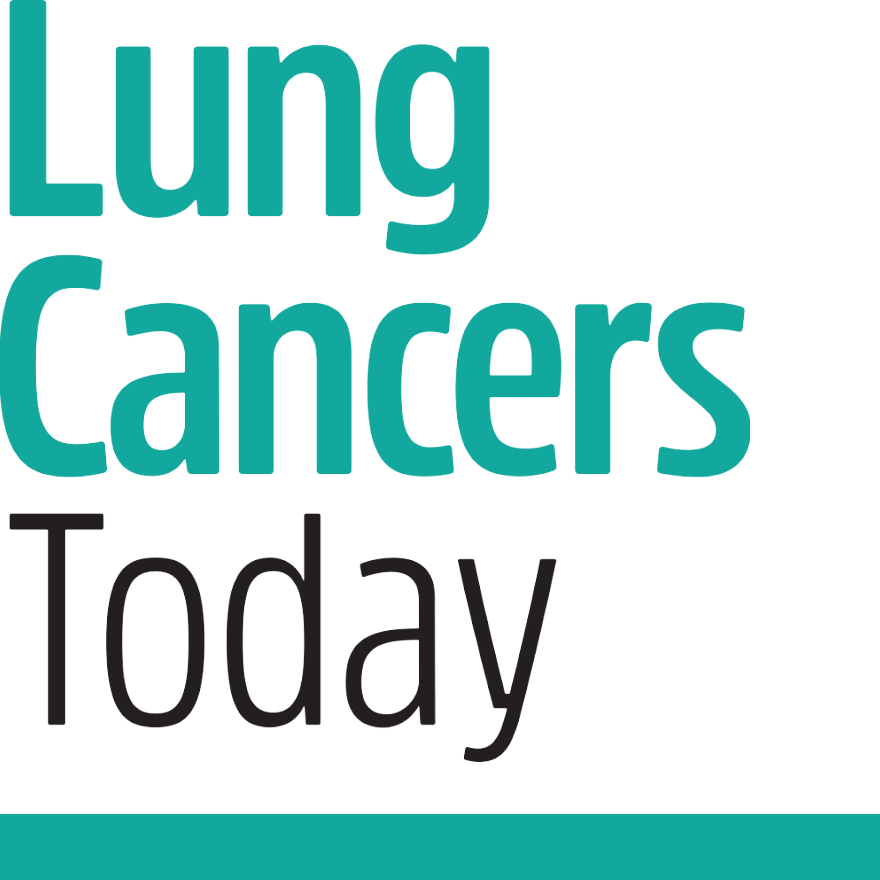
ASCO 2024
Find the latest updates on lung cancer treatment and research from the 2024 American Society of Clinical Oncology Annual Meeting.
Dr. Paz-Ares shares his insights on recent studies and highlights practice-changing data in lung cancer.
A panel of experts shares their insights on key developments and advances in lung cancer treatment research.
Experts discuss important management considerations and the importance of working with a multidisciplinary team.
The panel discusses key questions about NSCLC treatment regimens and the research that could answer them.
Experts weigh in on the long-term results presented at the 2024 American Society of Clinical Oncology Annual Meeting.
The panel discusses combination therapies and treatment considerations for patients without targetable mutations.
Experts weigh in on unmet needs and what clinicians should consider when treating patients who lack driver mutations.
An expert panel discusses treatment and quality-of-life considerations, as well as what to do while awaiting NGS results.
Experts weigh in on NSCLC screening and diagnostic challenges and the prevalence of metastatic disease at diagnosis.
Researchers say the results support the evaluation of the treatment in the phase 3 CodeBreaK 202 trial.
Study investigators say that extended follow-up research on nivolumab consolidation is essential.
Dr. Paz-Ares shares his insights on the study's results and the remaining questions about ADCs in lung cancer treatment.
The CheckMate 9LA study evaluated first-line nivolumab plus ipilimumab with 2 cycles of platinum-doublet chemotherapy.
Researchers compared outcomes between patients with baseline stage III N2 and non-N2 NSCLC.
Most patients who received adjuvant osimertinib achieved MRD negativity.
More than half of patients in the study had psychological distress as well as elevated serum cortisol levels.
Researchers assessed patients' functional health and well-being across multiple physical and mental domains.
A pilot study evaluated neoadjuvant platinum, pemetrexed, and nivolumab followed by pleurectomy/decortication.
Study investigators say the results support further study of the bispecific T-cell engager in previously treated SCLC.
Dr. Spigel speaks about how the American Society of Clinical Oncology Annual Meeting inspires collaboration and discovery.
Narjust Florez, MD, FASCO, discusses her research on the unique needs of young patients with lung cancer.
Laila Gharzai, MD, discusses her research on the financial impacts of lung biomarker testing.
Dr. Singhi discusses practice-changing data and historic advancements in lung cancer.
Dr. Mehta discusses the study, which met its primary end point, and future directions for the research.
Samantha Armstrong, MD, and Karine Tawagi, MD, discuss the interview on the groundbreaking plenary presentation.
Nearly 80% of patients enrolled had epithelioid histology and 65% had an ECOG performance status of 1.
An analysis of the phase 3 trial evaluated multiple aspects of health-related quality of life.
The study showed that patients with certain types of insurance had significantly shorter overall survival.
Certain patients appeared to derive the greatest benefit from the therapy.
The study "confirmed the role of adagrasib compared to docetaxel" in terms of PFS, response rate, and intracranial response.
Dr. Halmos hopes to see lung-focused updates take center stage again at next year's annual meeting.
Dr. Florez speaks about her presentation titled "Excluded, Forgotten, and Understudied: The Reality of Lung Cancer in Women."
The phase 2 trial evaluated subcutaneous amivantamab and lazertinib as a first-line therapy for EGFR-mutated NSCLC.
The study findings "add critical evidence to support ongoing access to telehealth services" in these patients.
Dr. Spigel discusses the implications of ADRIATIC at the 2024 American Society of Clinical Oncology Annual Meeting.
Researchers evaluated the combination in an effort to “further enhance the immunogenicity" of the vaccine.
Samantha Armstrong, MD, and Karine Tawagi, MD, interview Dr. Ramalingam about his plenary presentation.
An unexpected result suggests the route of administration or formulation of amivantamab may affect outcomes.
First-line nivolumab plus ipilimumab and chemotherapy maintained a "long-term, durable survival benefit."
The median investigator-assessed PFS was 5.7 months in patients who received bevacizumab plus ACE.
The results may establish osimertinib as the new standard of care for EGFR-mutated NSCLC in a certain setting.
The ADRIATIC results were presented during a plenary session at the 2024 American Society of Clinical Oncology Meeting.
Ultrasensitive MRD detection may "promising for use in risk-adapted trials in early-stage NSCLC.”
The combination showed significantly improved median PFS compared with osimertinib in patients with certain features.
The primary end point of the phase 3 HARMONi-A trial was PFS in the intention-to-treat population.
The median PFS of patients receiving lorlatinib in the phase 3 CROWN study has yet to be reached with 5 years of follow-up.
Advertisement
Advertisement

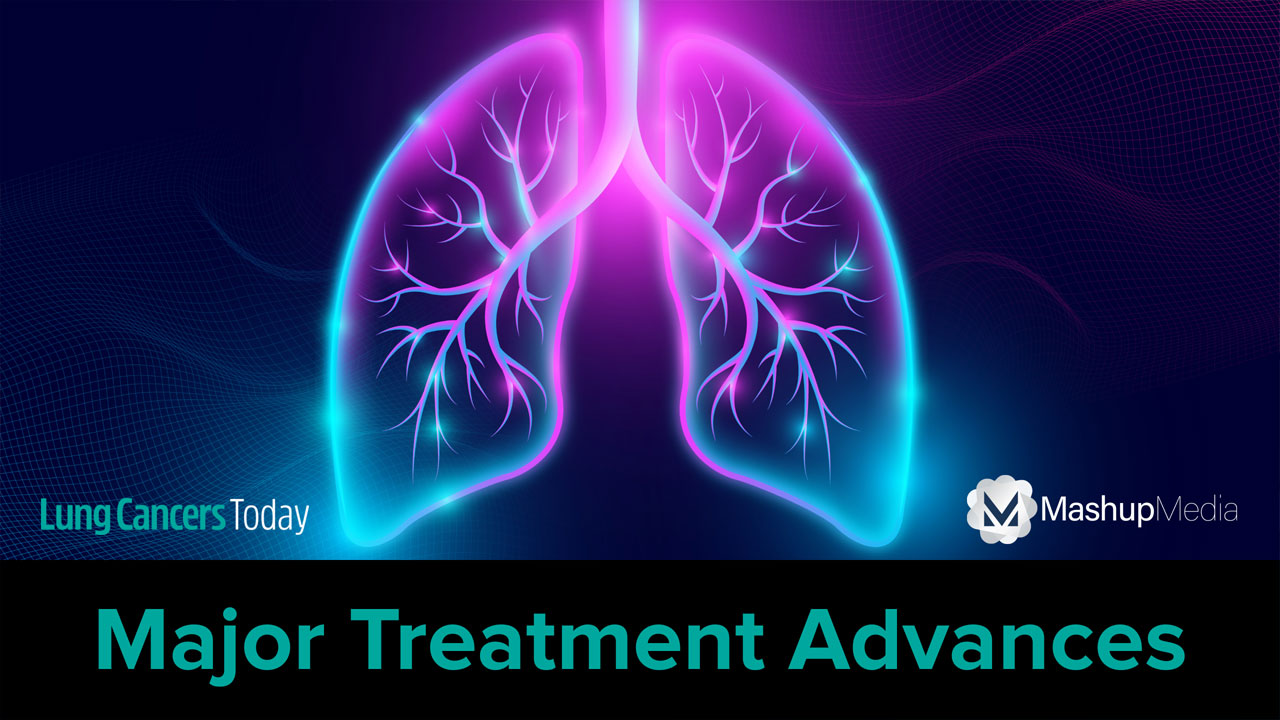
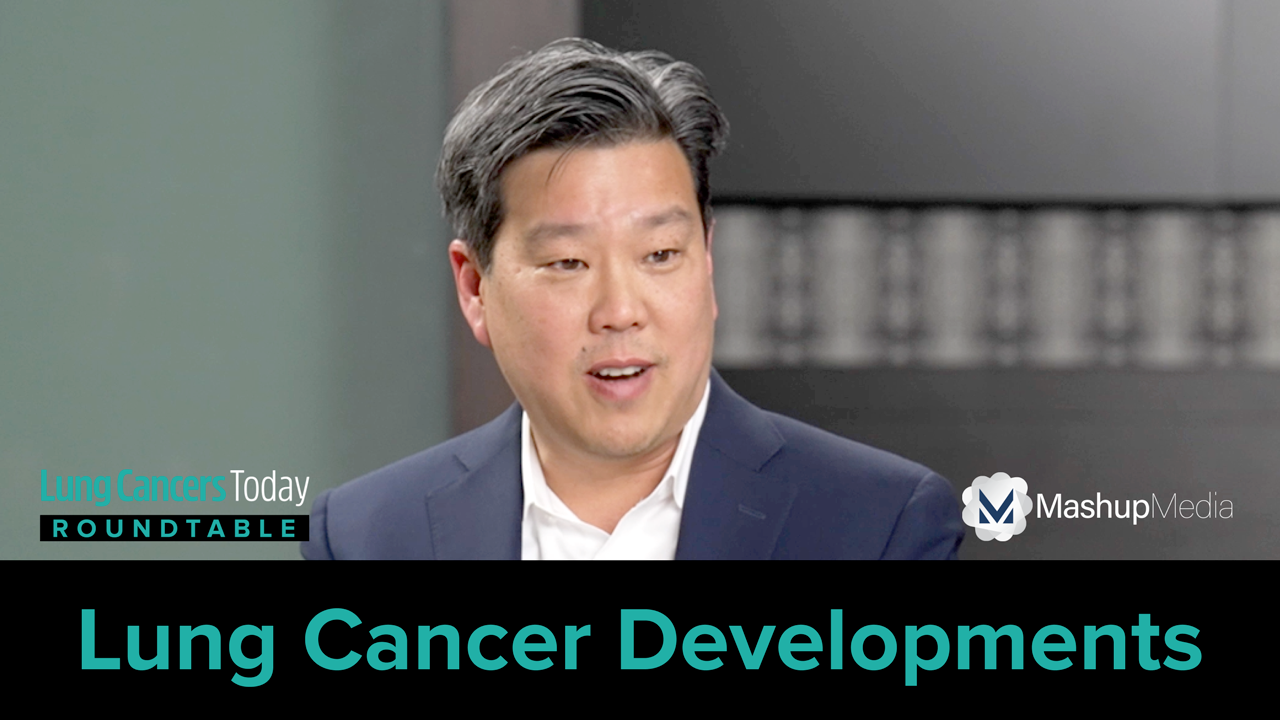
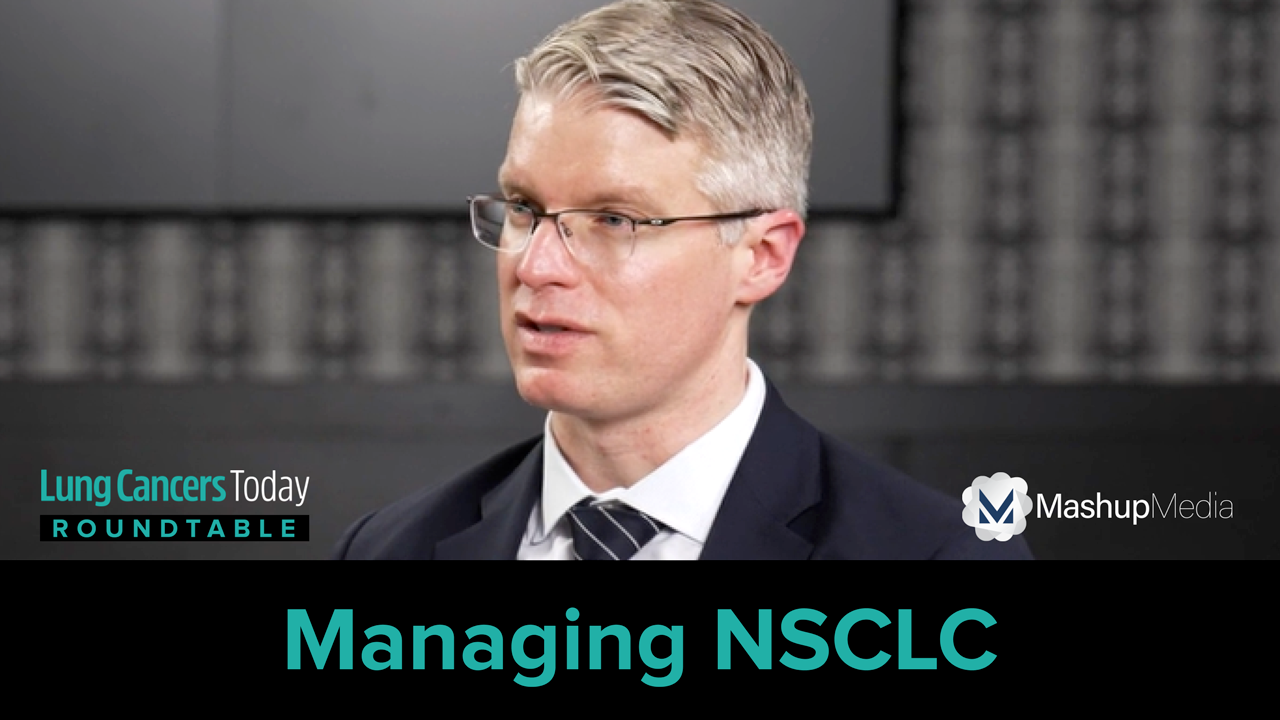
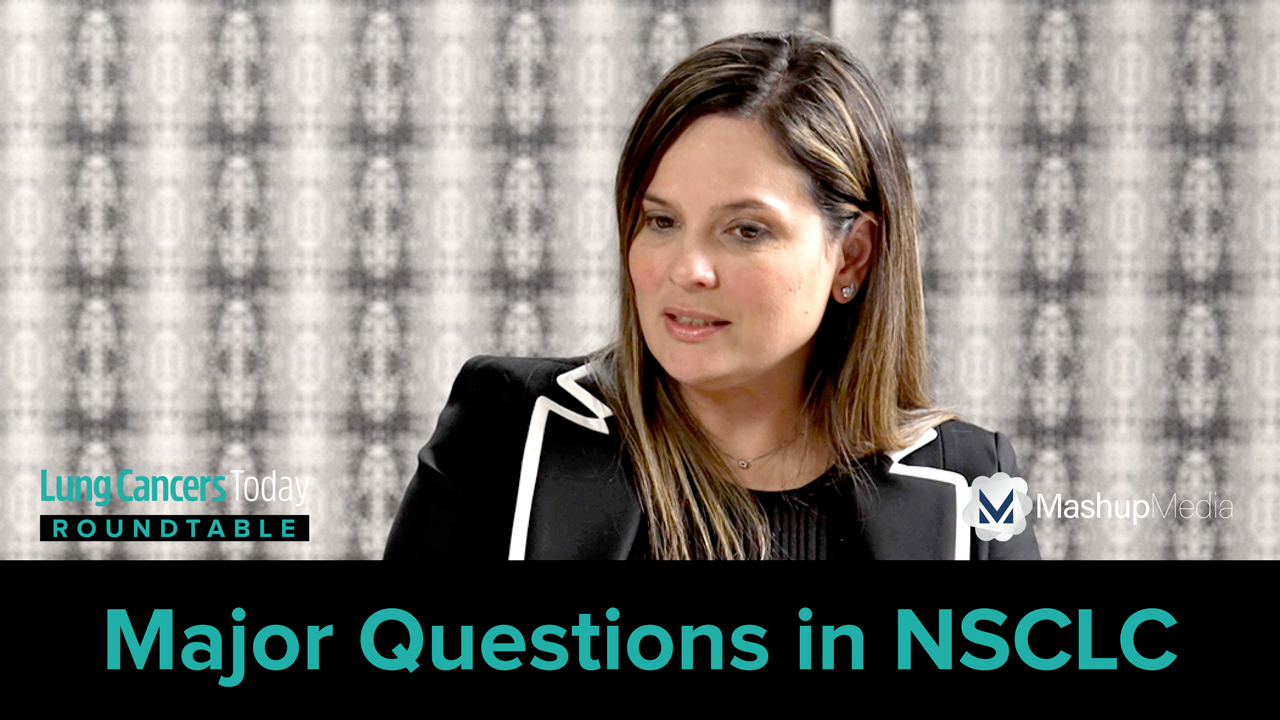
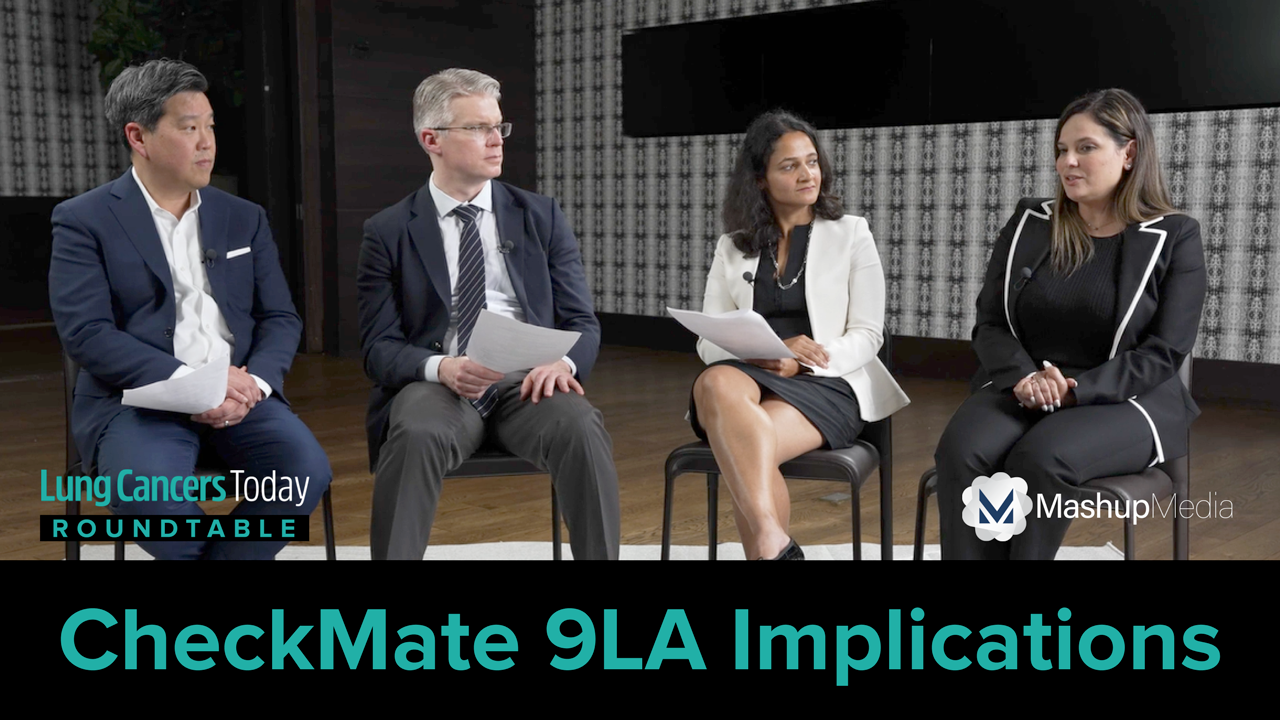
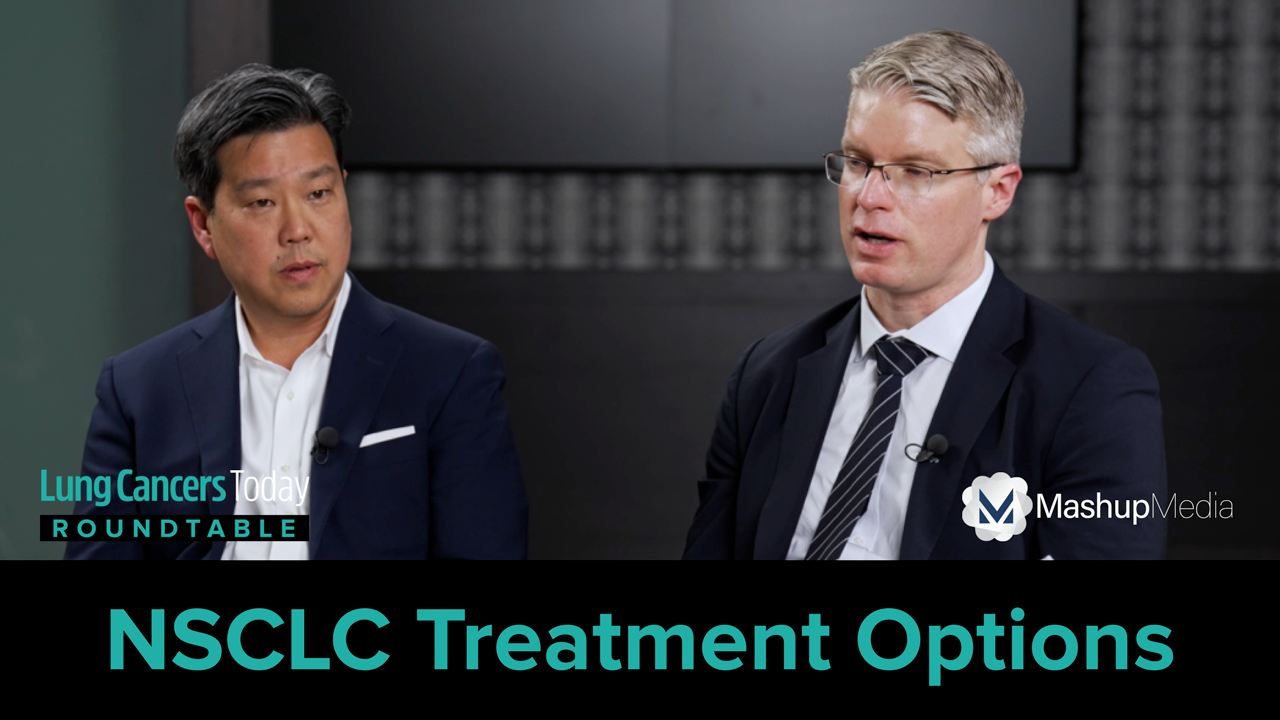
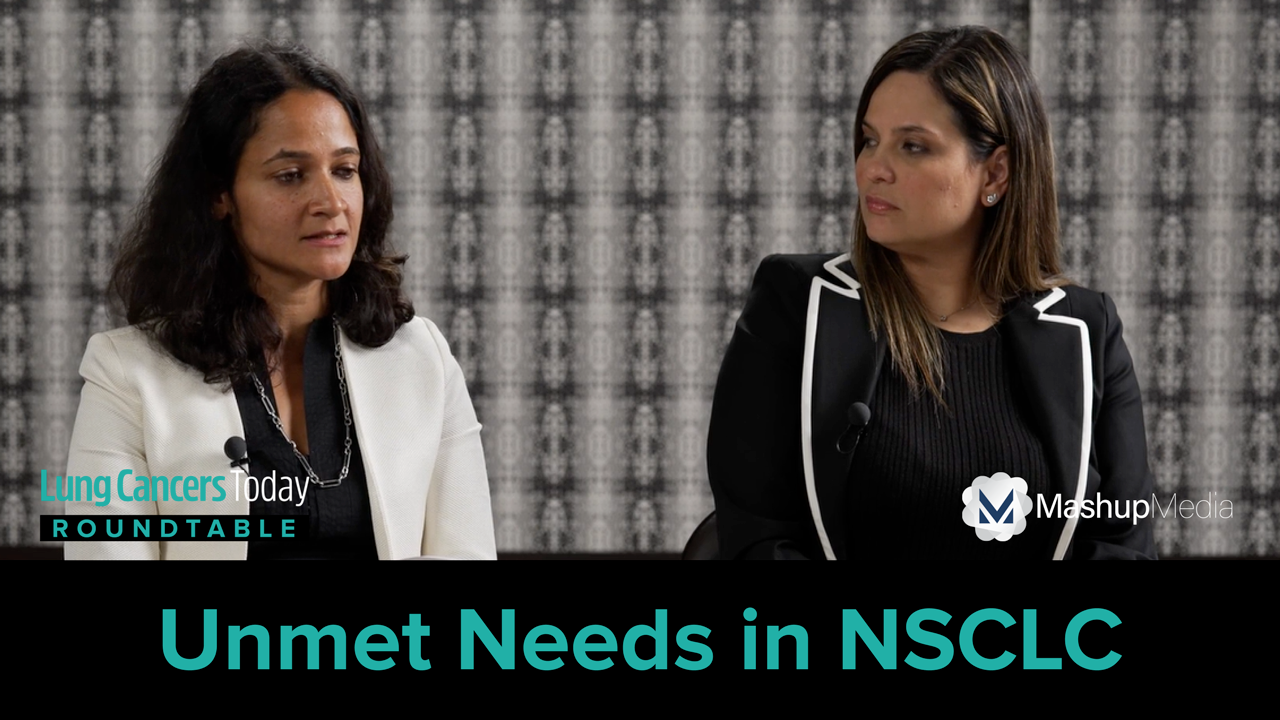
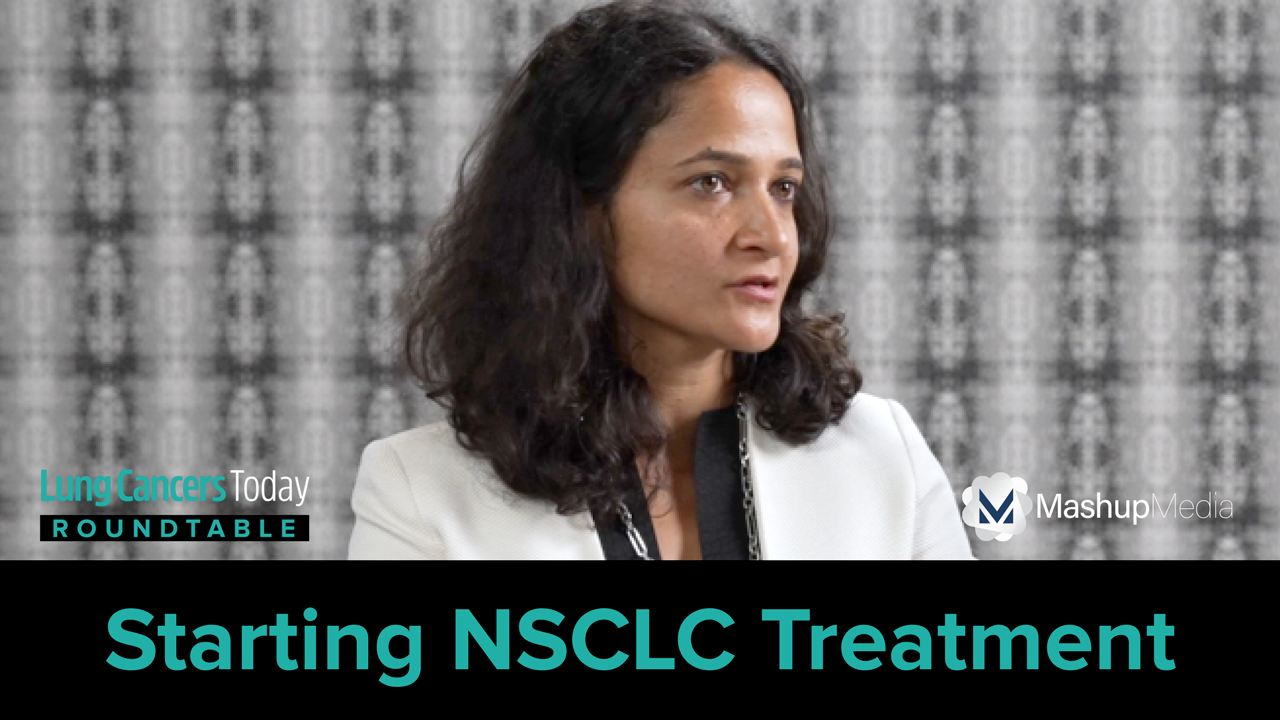
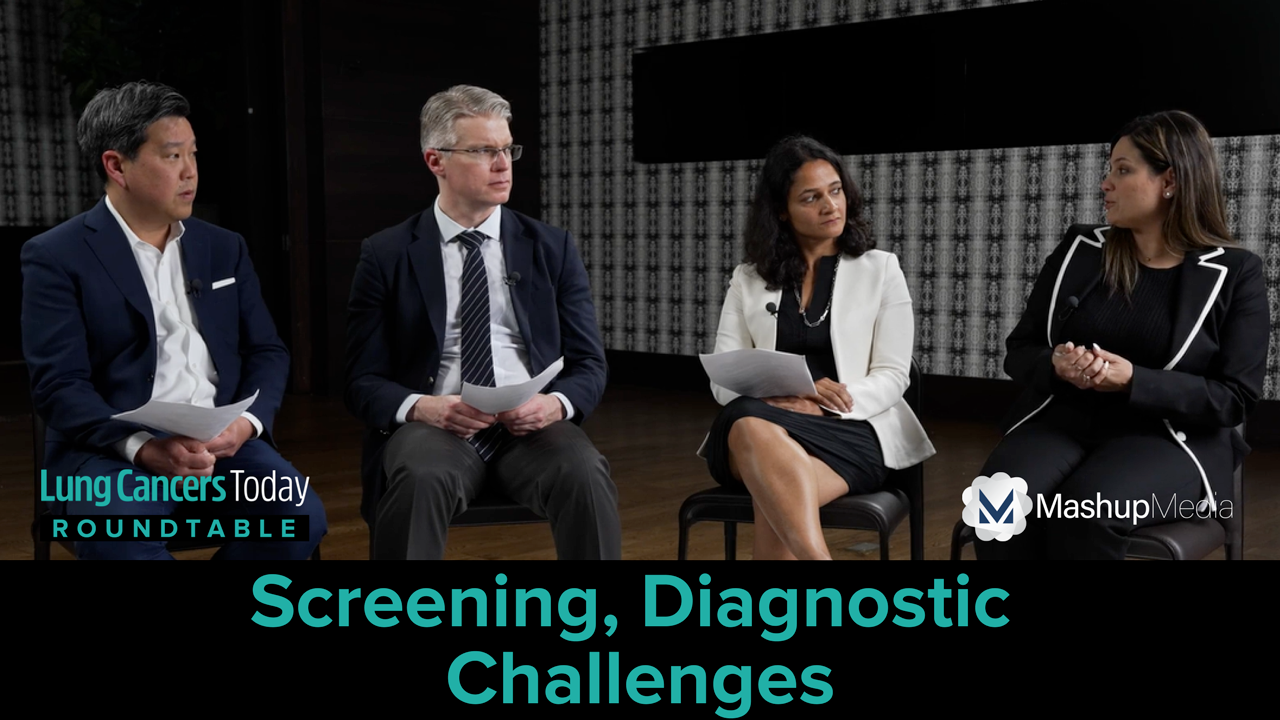


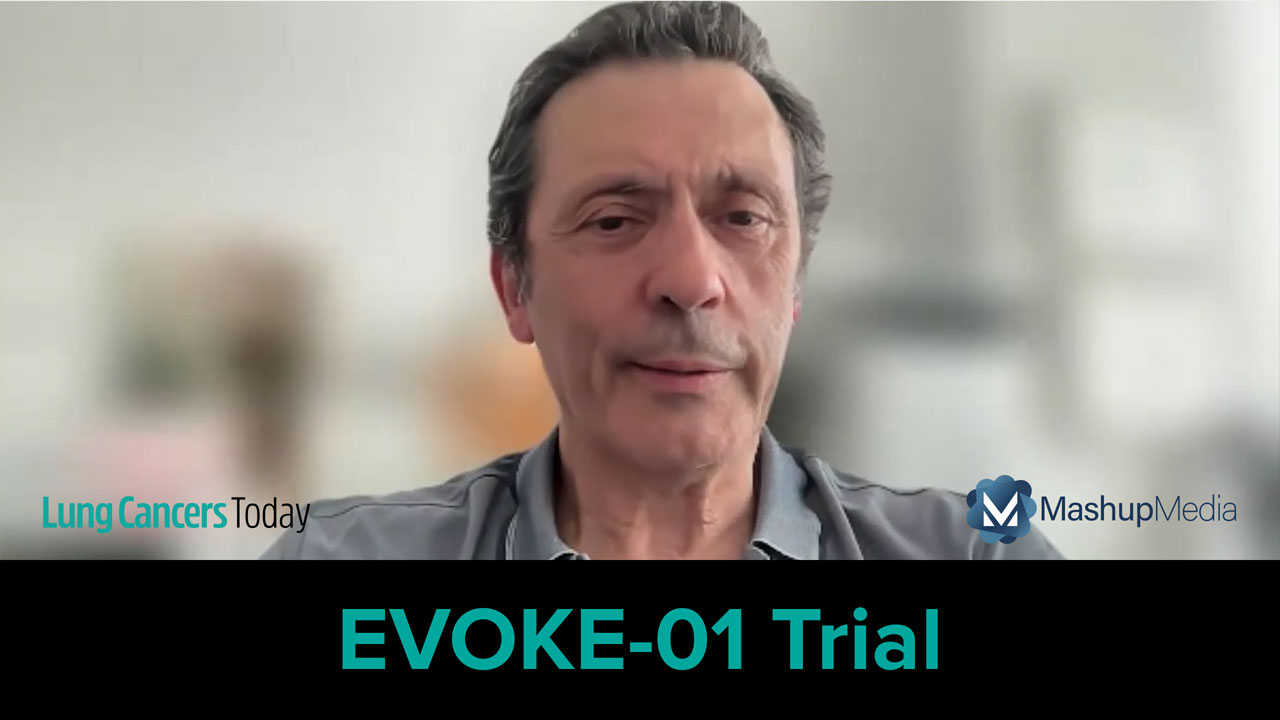
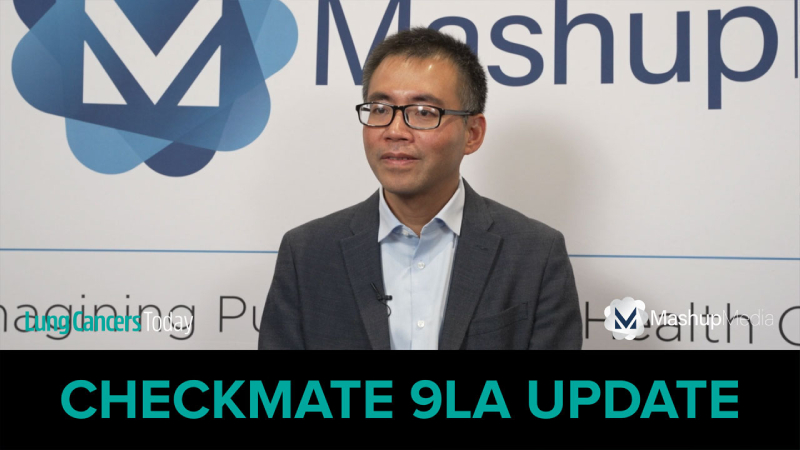








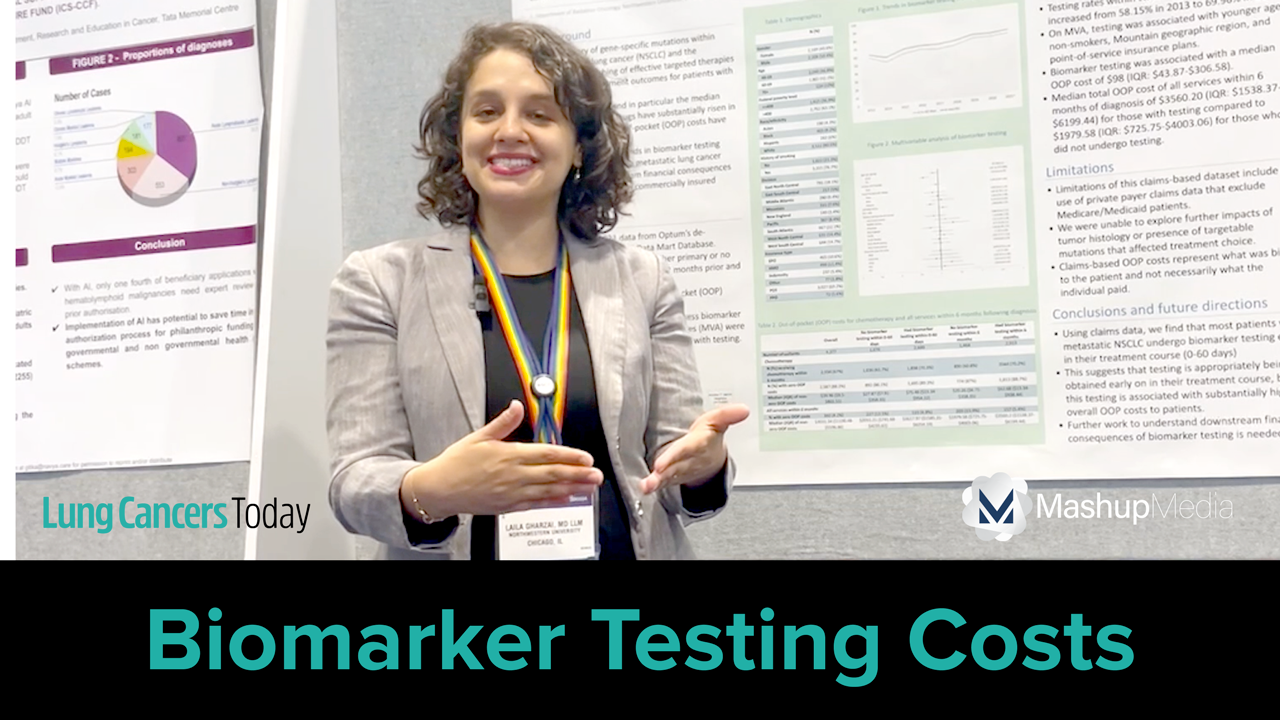
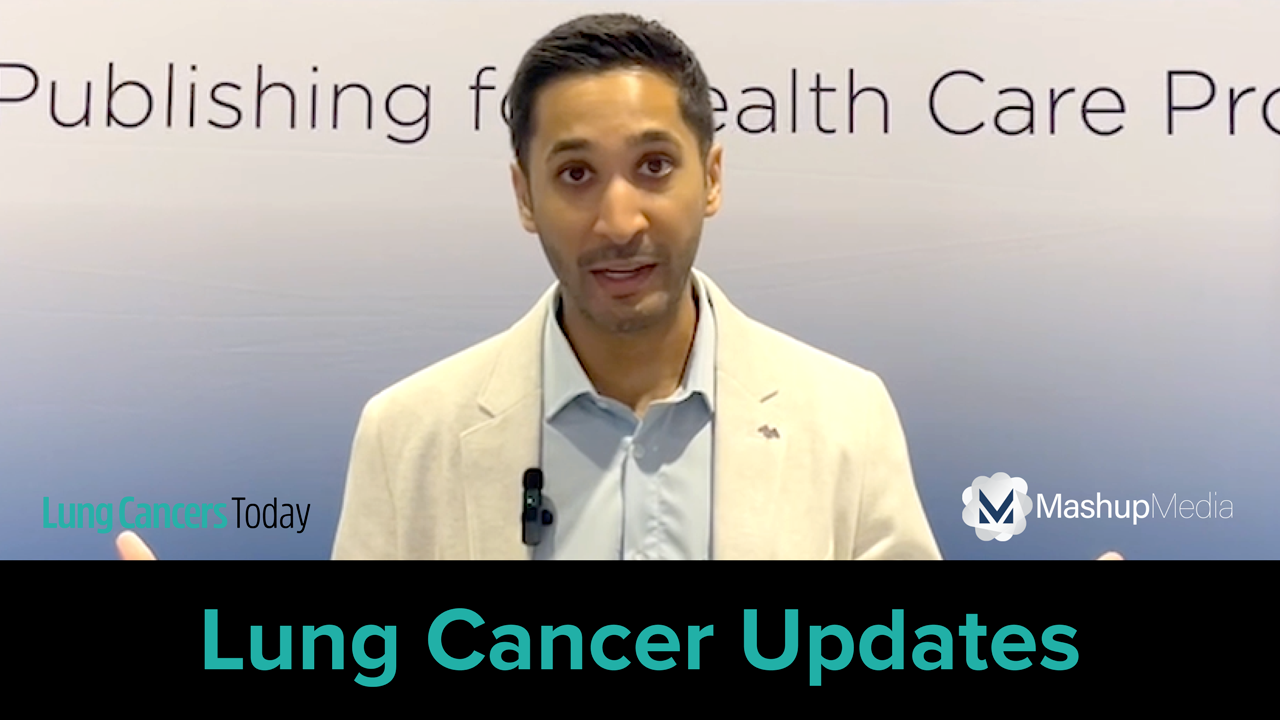
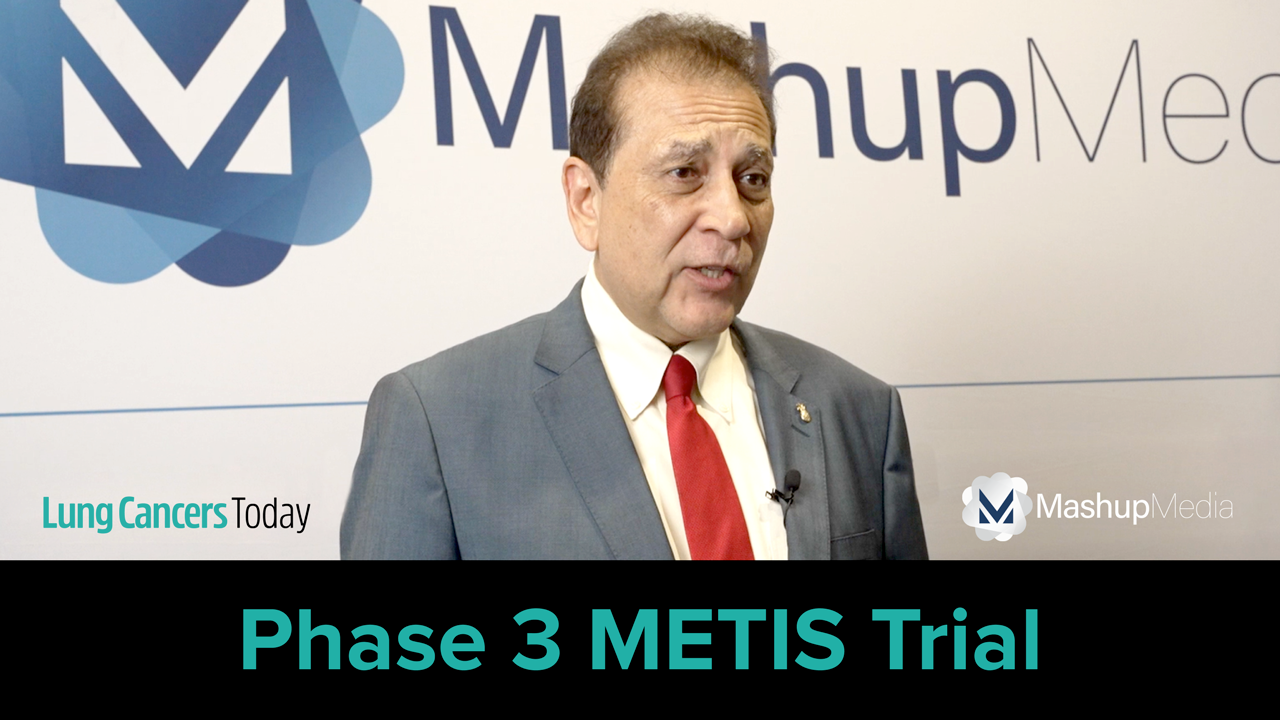
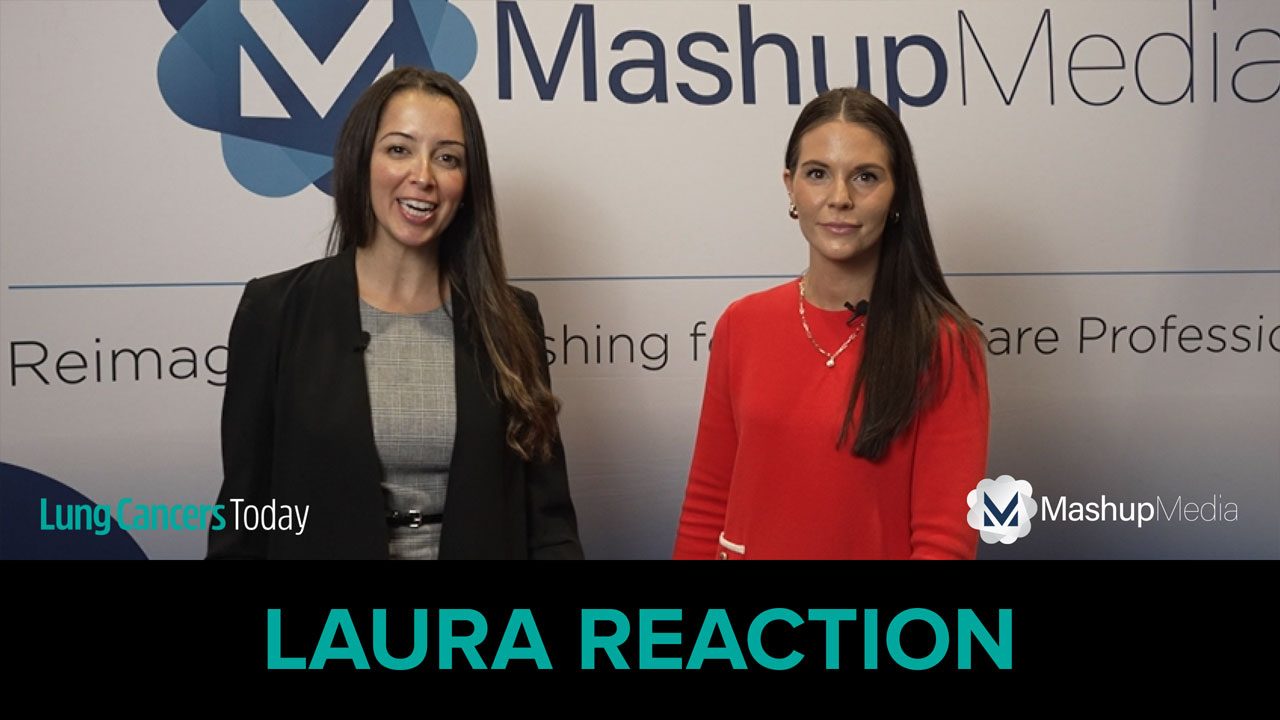



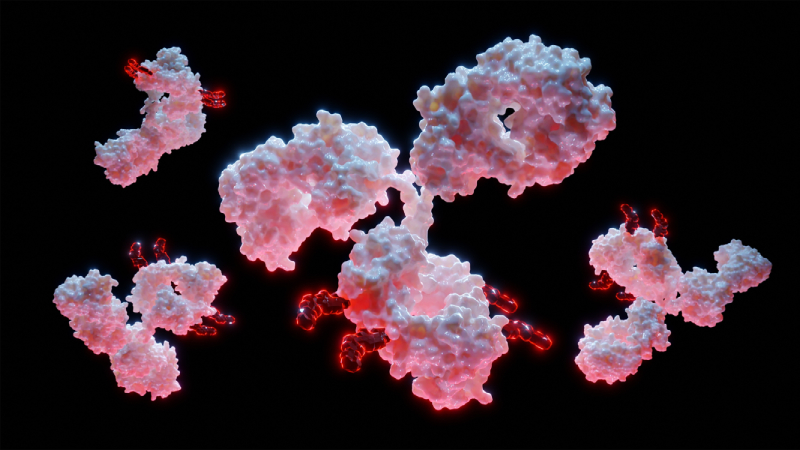

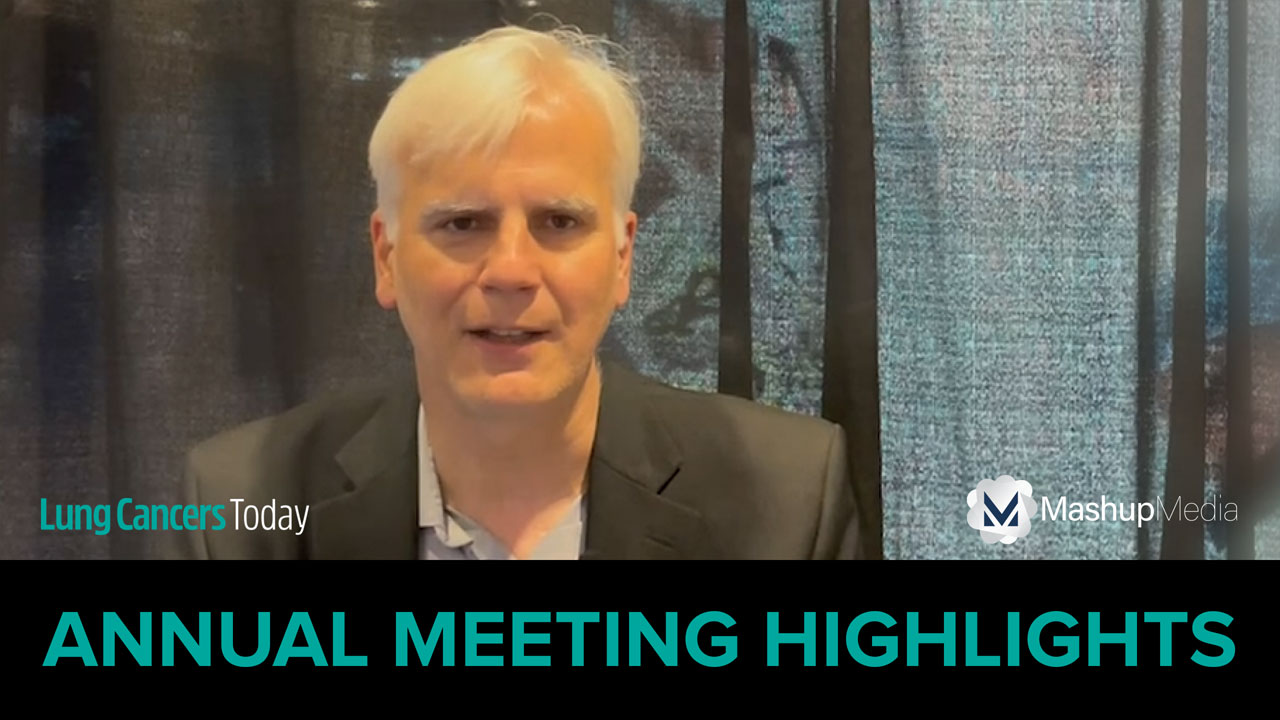
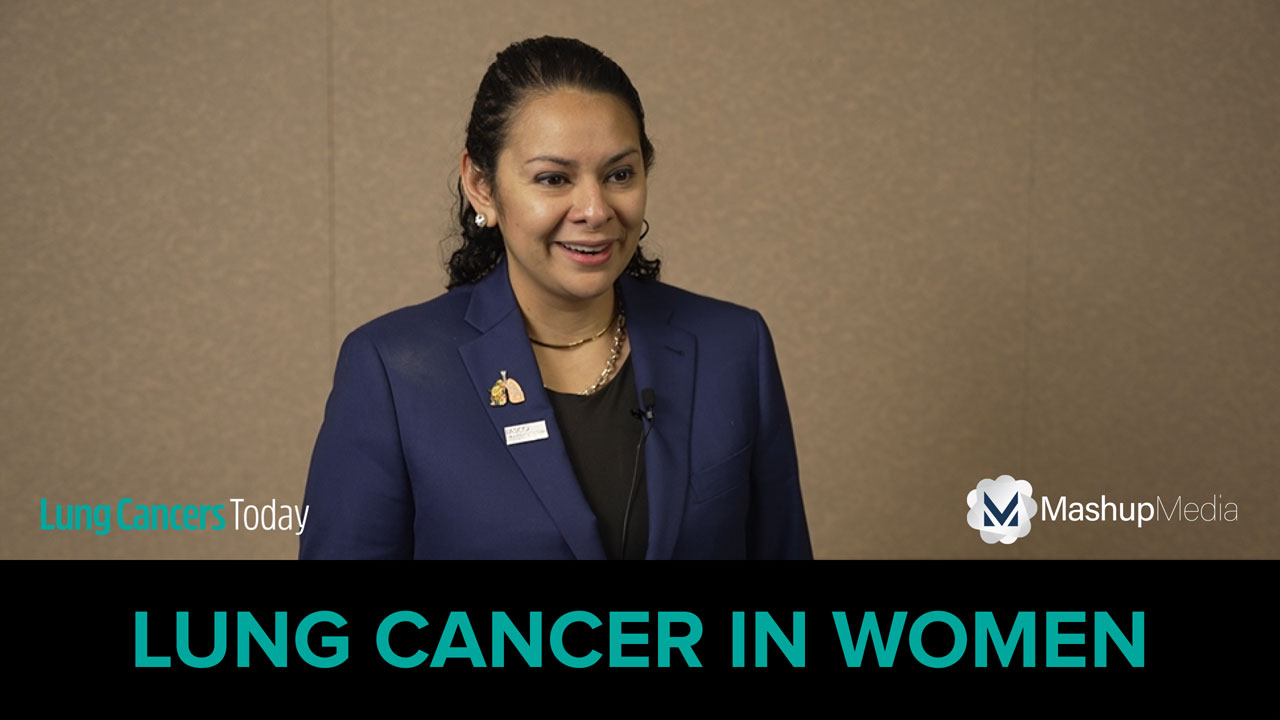
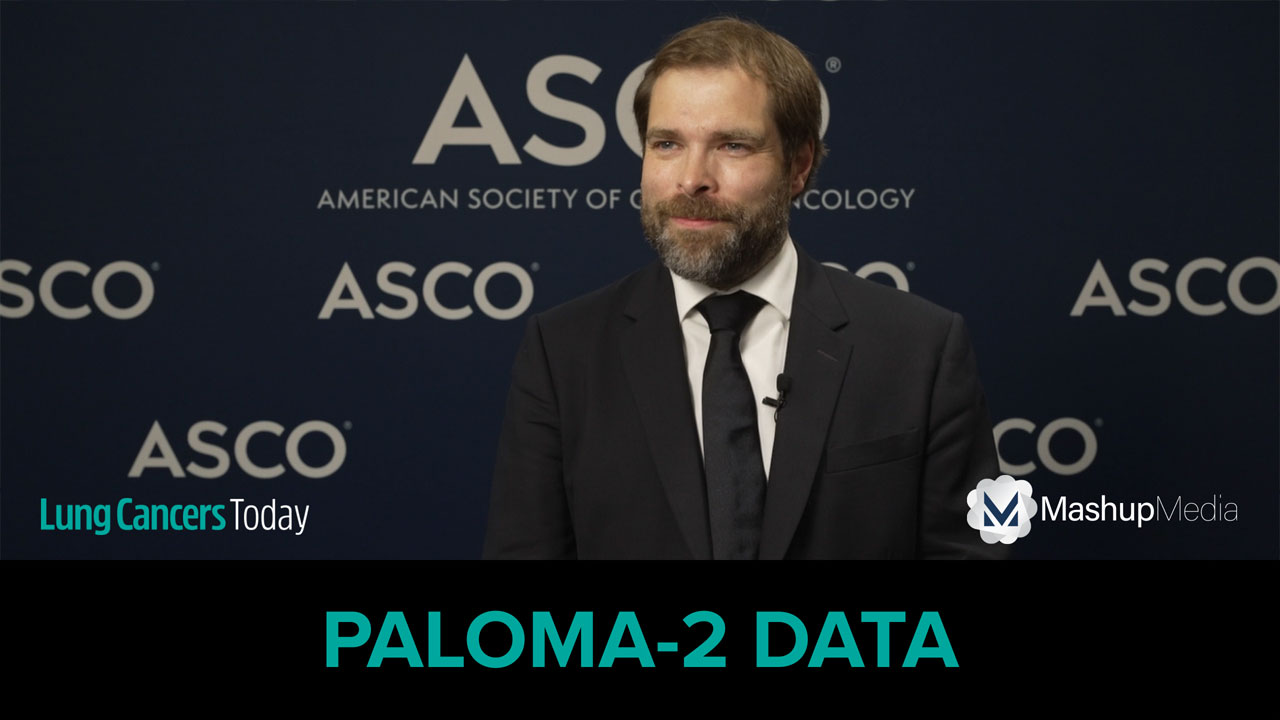

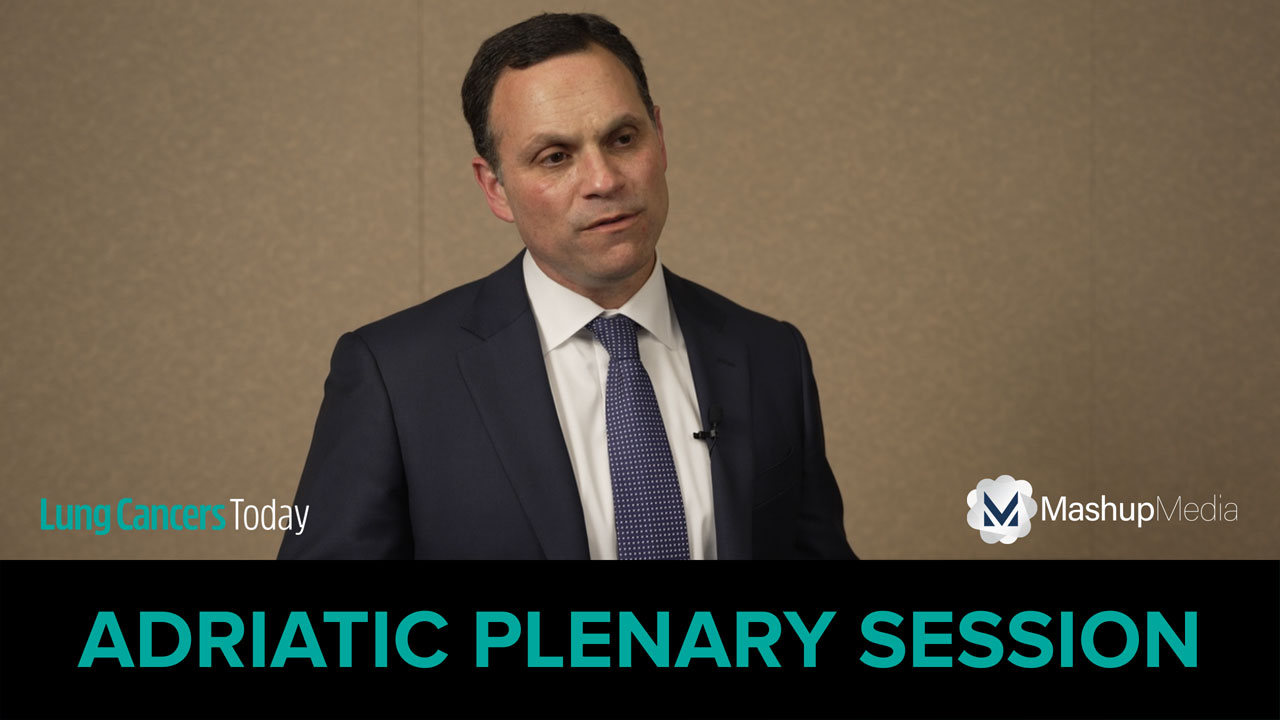

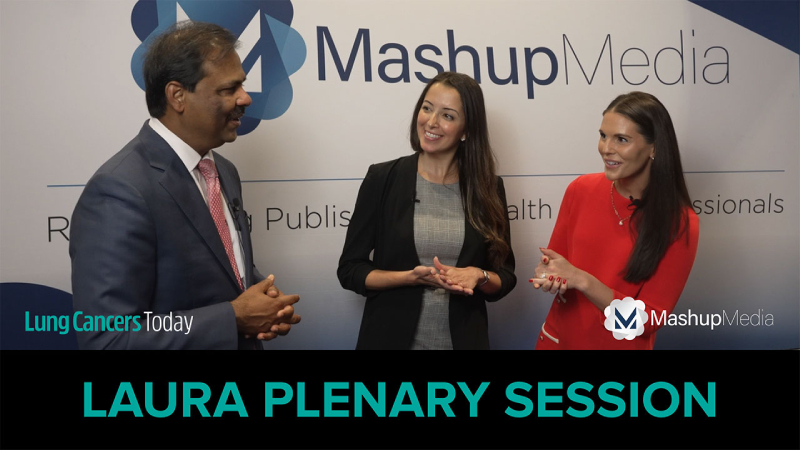









 © 2025 Mashup Media, LLC, a Formedics Property. All Rights Reserved.
© 2025 Mashup Media, LLC, a Formedics Property. All Rights Reserved.